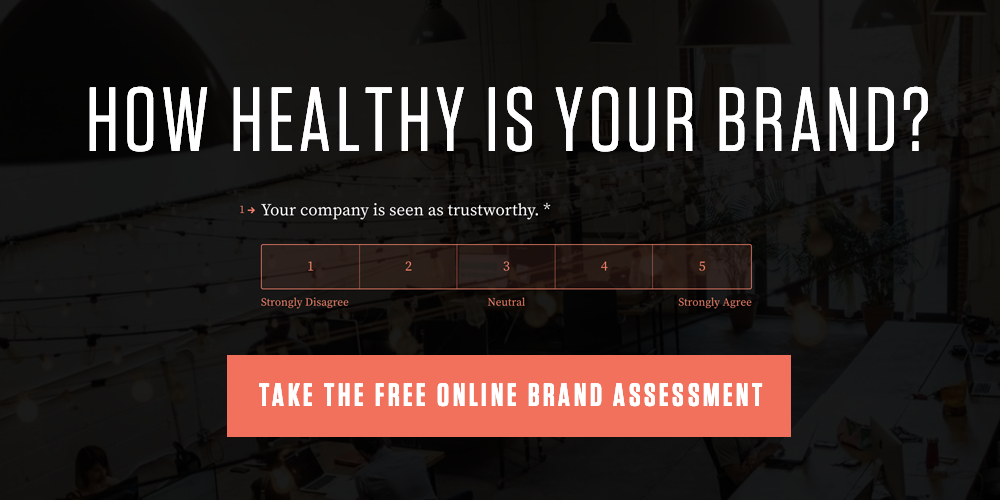Key Performance Indicators, or KPIs, (Or K-Dollaz, as the kids call them), are measurements that help a company measure both the success and failure of anything in which they are engaged.
However, the sheer number of different KPIs leads many companies to struggle to find the right ones for their company. A few examples of things KPI metrics can help you measure are:
- Getting feedback about which content offerings people are engaged with: Are there any new ideas you’ve put in place that require validation before their success can be determined? KPIs can help you measure if that new idea is working or not.
- Examples: Shares, Likes, Retweets, Form Fills, Blog Comments (both good and bad), etc.
- Making future predictions: Are there any long term patterns you’d like to analyze that your company should start gathering data for now? Set up KPIs that will give you an idea of where your company has been so you can track your progress.
- Examples: Traffic, Leads, Online Transactions, New Customers, etc.
- Assessing customer satisfaction: Do you have well established personas, but now need to determine if you’re accurately satisfying them? Set up a customer satisfaction-based KPI that will help you understand if your customers are happy.
- Examples: Blog Comments, Support Ticket Submissions, Online Brand or Product Mentions, etc.
KPIs are necessary for every company at every stage, but what KPIs you should spend your time measuring depends roughly on what industry you belong to, what your current marketing goals are, and which life cycle stage your company is currently in.
Know Your Industry
Your industry can help you pinpoint which KPI metrics will be the most helpful. For example, a subscription based SAAS company is going to focus on KPIs such as customer acquisition cost and annual recurring revenue, while a community based company like Ebay will lean more towards measuring incentive engagement and life-time user satisfaction. Think about the things that make your industry unique so that you can match your KPIs to how you measure growth and success at your company or organization.
Side note: Many companies underestimate the value of measuring non-financial based performance indicators, don’t be one of them! Companies that take the time to measure things like customer engagement and loyalty earn 1.5 times more return on equity than companies who overlook these KPIs.
Goal first, KPI second.
The entire purpose of measuring KPIs is that they will help you to filter through what’s working and what’s not. To pinpoint which ones will be most effective to track, consider your marketing, sales, and overall business goals. Then ask yourself, “What data will help me measure this?”
As this table shows, it’s a lot easier to decide which KPIs to focus on when you’ve determined a specific goal. If you’re looking to increase customer retention, you’ll need to know your CAC (customer acquisition cost) and (non-butter) churn rate to get an idea of whether or not you’re improving. Of course, just as different goals are interconnected, KPIs will often overlap and serve multiple purposes as well.
| Business Goal | Metrics/KPIs |
| Brand Awareness | Traffic, Impressions, Shares, Reach, Community (Followers), Visits, Downloads, Mentions, Media Coverage |
| Lead Generation | Average # Generated on Daily, Weekly, Monthly Basis, Click- Through Rate, Conversion Rate |
| Lead Nurturing | Number of Follow-Up Touches/Engagement, Percentage to Sales, Time to Sales, Close Rate |
| Customer Retention | Retention Rate, Lifetime Value, Customer Acquisition Cost, Percentage of Revenue from Current Customers, Churn Rate |
| Customer Acquisition | Average Lead Close Rate, Customer Acquisition Cost, Time to Customer, Average Sale Value |
| Revenue | Raw Monthly and Quarterly Numbers, Revenue Fluctuations |
Stay in your age group
Considering where you are in your business life cycle is another way to target the best KPIs. A startup is going to need different data than a well-established company in order to measure success. They will want to stick to the basic KPIs that keep track of the little money you are working with, so a startup’s KPIs will probably be more focused on validating the systems they’ve put in place. A larger company should already have valid systems in place, so their KPIs may focus more on specific new efforts such as measuring the benefit of a new expansion or event.
Fertig (Yes, I speak German.)
Remember, tracking KPIs is a waste of time if you don’t know about data analysis, or if you track too much data and make it impossible to digest. Invest in the right technology that will make tracking your KPIs possible, and don’t feel pressure to track everything at once. Start small, be consistent, and follow through. Once you take the time to commit to a KPI, your data will have more meaning, and your marketing team will thank you. Hopefully with something that involves a surprise party and red velvet cake.
–––––
How healthy is your brand? Take this free 20-question survey to find out.


